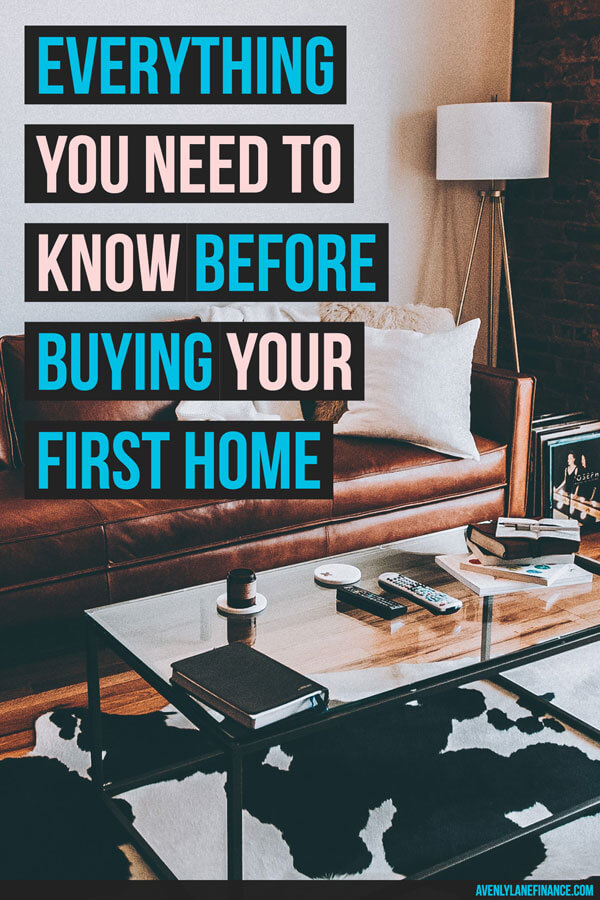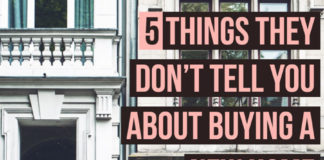 The basic home buying process – explained in normal terms
The basic home buying process – explained in normal terms
Want to buy a home but get confused about the process?
Trying to figure out the basics but get overwhelmed the second you try and find out some basic details. The home buying process is unique and does involve learning a lot of lingo, but the process isn’t nearly as complicated as most articles make it out to be. By learning some of the basic details you can understand and prepare for most of the stuff you will encounter, and once you have the basics down it’s easy to fill in any other details.
For those of you trying to get a brief overview of what the process entails without having to read an entire treatise, keep reading. This high level summary explains the basic terms and will also give you the tools you need to calculate what it will actually cost you.
DISCLAIMER – The details below are not exact and there are almost always exceptions to every rule/process described below, but the points below are a great starting point to be able to knowledgeably talk through the home buying process.
In the simplest terms the process starts with you buying the house, but because you can’t actually afford the entire price a bank/lender pays for it and you pay them a portion of the house’s value with interest charges each month. That part makes sense to most people, but where things get confusing is when people begin talking about how much money do you need to start, and when you see that your monthly payment includes a whole bunch of other things.
1How much do I actually have to put down?
Assuming you pass a required credit check, your house downpayment can be as little as 3% of the home’s value plus closing costs which usually average about 3% of the home’s value. This means if you want to buy a $100,000 house that your minimum downpayment would need to be at least $6,000.
A loan that allows you to buy a house with as little as 3% down is usually called a FHA (federal housing administration) loan. If you put down anything less than 20% of the home’s value, the lender is going to tack another fee to your monthly payment called PMI (private mortgage insurance) – this usually is about an extra $100 per month (obviously you can see that it makes sense to save up and put the 20% down if possible).
2How much will my monthly payment actually be? What will go into it?
Your monthly payment is likely to be more than you expect. That is because your monthly payment includes more than just your payment to the lender plus interest. It will also include taxes and insurance. The government taxes you for simply owning property and that amount is included in your payment each month. The average property tax rate is about 1% of the home’s value per year. If your home is worth $100,000, then you can expect to pay about $1,000 per year/$83 per month in property tax.
Nationwide home owners insurance is also required monthly.. The average home owners insurance cost averages out to being about $100 a month. NOTE: this is a different charge than PMI. You always have to pay home owner’s insurance, and PMI if you put down less than 20% of the home’s value.
Is the community part of association? A HOA (home owners association) is another area where you could get an addition tacked on to your monthly fee. HOA’s typically charge each home in a neighborhood a monthly fee for the upkeep of the common areas, street lights, and security. HOA fees can vary dramatically, so be sure to find out if a house you are interested in is part of one.
3How do realtors get paid?
Thankfully a real estate agent only gets paid when a property is bought or sold. This means that as a buyer you do not have to pay anything for their services, and that they will simply get a percentage of the profits that go to the seller. This percentage is usually 3% for each agent involved in the deal. If you were the owner of a house that just sold for $100,000, you would only get $94,000 because each agent would take $3,000 (this is ignoring closing costs).
4What are closing costs?
Closing costs are what all the other parties charge to close and certify the sale of the property. There are a lot of different things that can come up on the buyer’s side as well as the seller’s side, but as a general rule of thumb you each side should expect to pay about 3% of the home’s value in closing costs.
The best way to think of the closing costs for the buyer is that they cover what the bank/lender requires to verify that the property they are giving you a mortgage for is worth them lending you money for. They want to make sure the $100,000 home isn’t a shack that could get blown away the next day. They therefore require appraisals of value, inspections, and fees for even putting your loan together. On the selling side they want to verify that you actually have the right to sell the home, and that it can be properly recorded to the new owner.
Depending on where you live and which bank/lender you use you will see lots of different things listed in your closing costs. It is worth talking through each one to figure out what it is, but when doing your financial planning, except to pay the additional 3%.
Too much? Does this make you not want to buy a home? Once you have a basic grasp of the concepts and terms above the process gets much simpler. Good luck!












